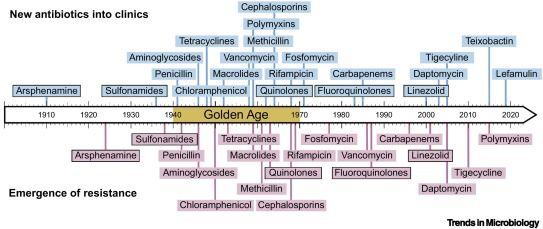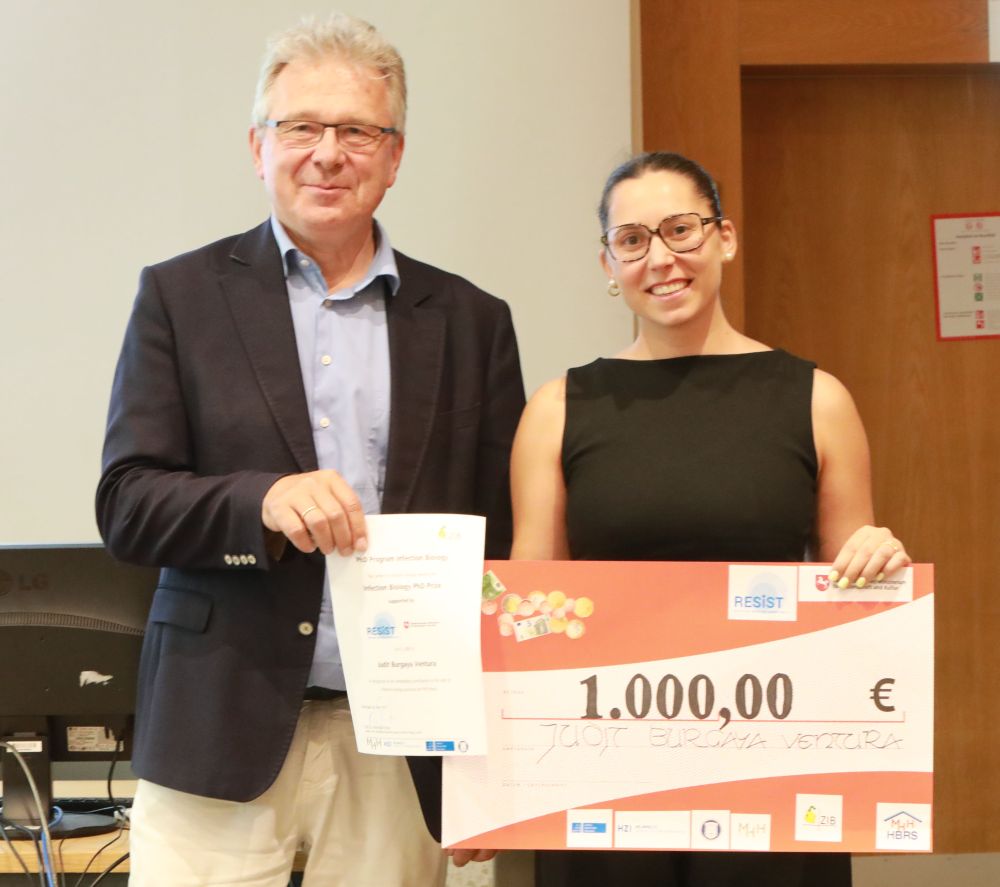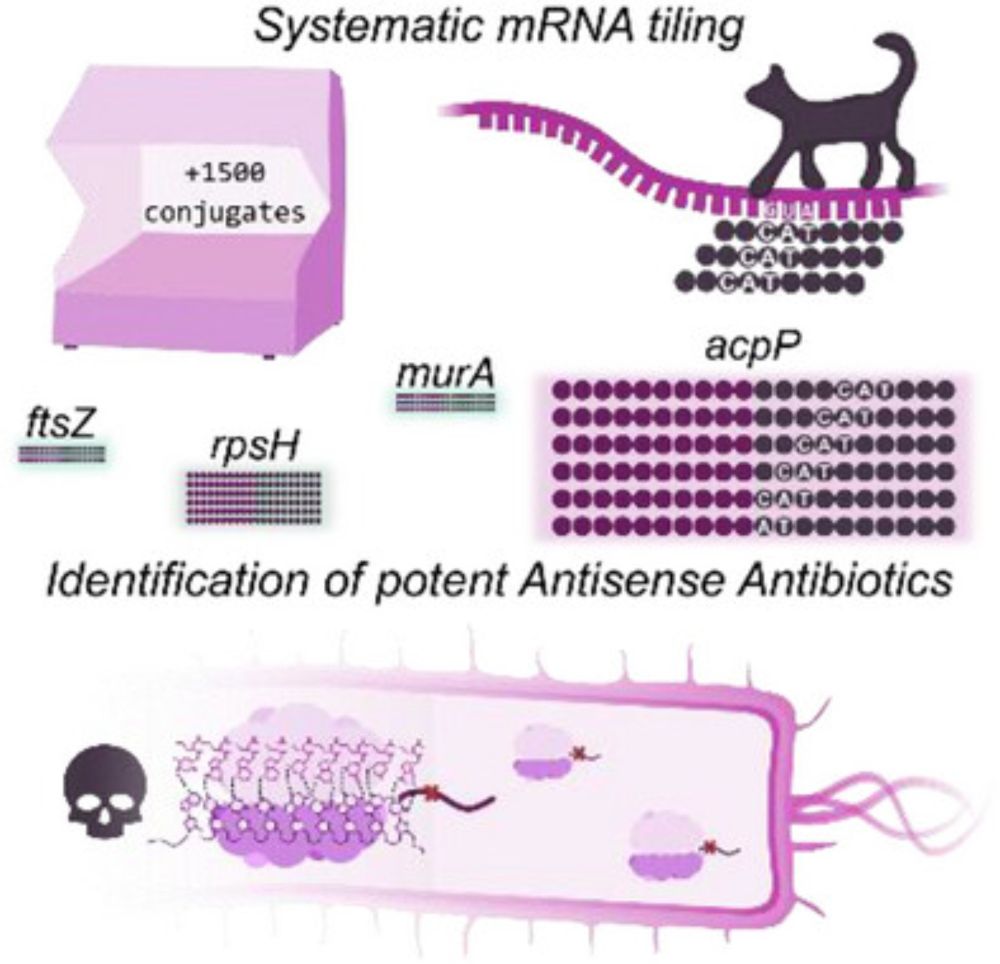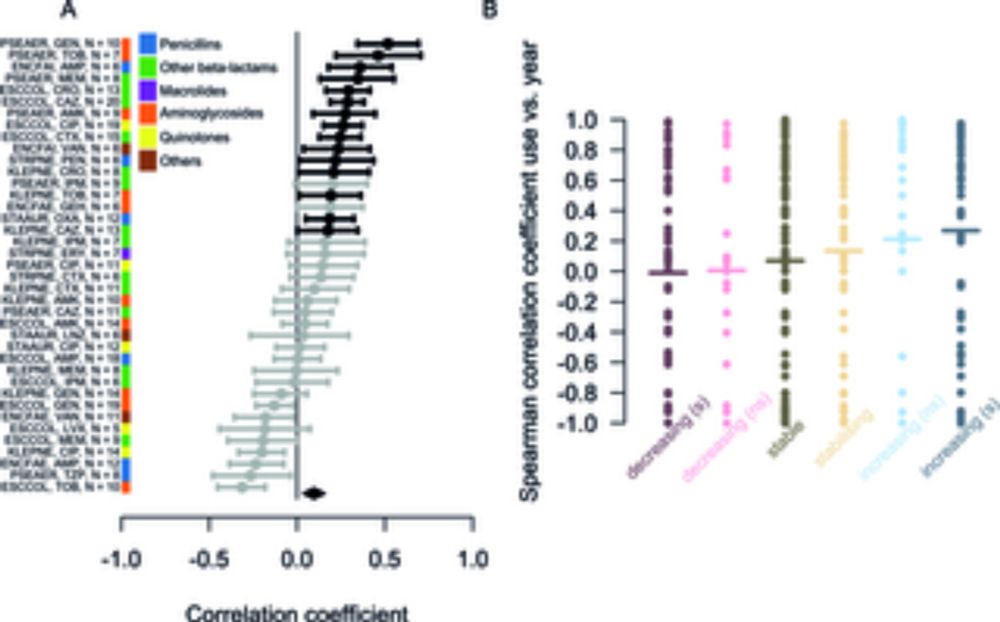Posts
Media
Videos
Starter Packs
Reposted by Judit Burgaya
Reposted by Judit Burgaya
Kate Baker
@ksbakes.bsky.social
· Aug 27

The WHO Bacterial Priority Pathogens List 2024: a prioritisation study to guide research, development, and public health strategies against antimicrobial resistance
The 2024 WHO BPPL is a key tool for prioritising research and development investments
and informing global public health policies to combat AMR. Gram-negative bacteria
and rifampicin-resistant M tuber...
www.thelancet.com
Reposted by Judit Burgaya
Marco Galardini
@mgalactus.bsky.social
· Jun 11

Cis non-coding genetic variation drives gene expression changes in the E. coli and P. aeruginosa pangenomes
Bacteria use gene regulation to dynamically adapt to changes in their environment, including resistance to stress and the occupation of new niches. Gene expression is known to vary within a species pa...
www.biorxiv.org
Reposted by Judit Burgaya
Reposted by Judit Burgaya
Alvaro San Millan
@sanmillan.bsky.social
· May 15

Plasmid–bacteria associations in the clinical context
Antimicrobial resistance (AMR) is one of the most pressing global health problems,
with plasmids playing a central role in its evolution and dissemination. Over the
past decades, many studies have inv...
www.cell.com
Reposted by Judit Burgaya
Reposted by Judit Burgaya
Reposted by Judit Burgaya
Reposted by Judit Burgaya
Marco Galardini
@mgalactus.bsky.social
· Feb 12

microGWAS: a computational pipeline to perform large-scale bacterial genome-wide association studies
Identifying genetic variants associated with bacterial phenotypes, such as virulence, host preference and antimicrobial resistance, has great potential for a better understanding of the mechanisms inv...
www.microbiologyresearch.org












